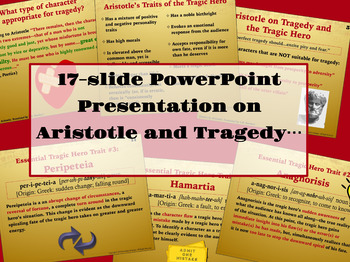A Chronicle of a Man’s Metamorphosis Amidst Trials and Tribulations
In Arthur Miller’s compelling allegory, “The Crucible,” John Proctor embarks on a profound and transformative journey that mirrors the plight of many righteous individuals throughout history. As the play unravels, we witness a man initially depicted as flawed and self-sufficient, gradually evolving into a figure of integrity and unwavering principle. The question of how John Proctor changes in The Crucible is not merely a matter of plot development; it delves into the intricacies of human nature, the complexities of morality, and the indomitable power of the human spirit.

Image: www.charactour.com
From Indifference to Engagement
At the onset of the play, John Proctor presents as a stoic farmer, aloof from the escalating witch trials that grip the Salem community. His initial reluctance to intervene stems from a misguided belief that the accusations are merely the result of childish theatrics. However, as the hysteria escalates, Proctor’s conscience stirs, and he can no longer remain an idle observer.
His transition from indifference to engagement marks a significant turning point in his character arc. As he confronts the escalating injustices perpetrated by the witch hunt, Proctor’s moral compass overpowers his initial hesitations. He emerges as a voice of reason, bravely challenging the accusations and fighting for justice in a world consumed by fear and superstition.
The Crucible of Adversity
The witch trials serve as a crucible for Proctor’s soul, testing the limits of his integrity and resolve. As he tirelessly battles against the forces of darkness, he is forced to confront his own flaws and shortcomings. The accusations against his wife, Elizabeth, and the realization of his past infidelity, cast a shadow over his character.
Yet, out of the depths of adversity, Proctor’s true nature shines forth. Instead of crumbling under the weight of his past actions, he owns up to his mistakes, seeking redemption through his actions. His steadfast defense of Elizabeth and his unwavering commitment to exposing the truth reveal a profound transformation within him.
Redemption through Sacrifice
The ultimate testament to John Proctor’s transformation lies in his embrace of the role of martyr. Faced with the choice of preserving his own life by recanting his accusations or facing execution, Proctor chooses the path of integrity. His refusal to compromise his principles, even in the face of death, solidifies his status as a symbol of resistance and a beacon of moral courage.
Through his sacrifice, Proctor transcends his past flaws and attains a state of redemption. His refusal to participate in the charade of the witch trials is a testament to the unyielding power of truth and the human spirit’s ability to triumph over adversity.

Image: ar.inspiredpencil.com
How Does John Proctor Change In The Crucible
A Legacy of Courage
The transformative journey of John Proctor reverberates far beyond the final curtain. His unwavering commitment to justice, his resilience in the face of adversity, and his ultimate sacrifice serve as a timeless inspiration for generations to come. Proctor’s legacy reminds us that even in the darkest of times, individuals can rise above fear, embrace truth, and stand as beacons of hope amidst the shadows of injustice and oppression.
As we navigate the complexities of our own moral dilemmas, the story of John Proctor’s transformation stands as a powerful reminder of the transformative potential of courage, integrity, and the indomitable human spirit. Through his arduous journey, we are empowered to embrace our own moral compass, challenge injustice, and strive for a world where truth prevails and human rights are universally upheld.
